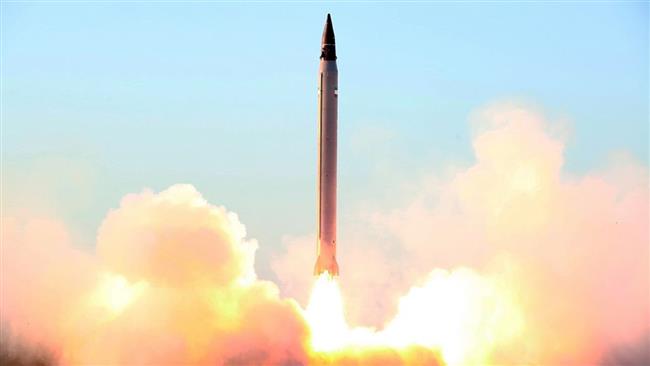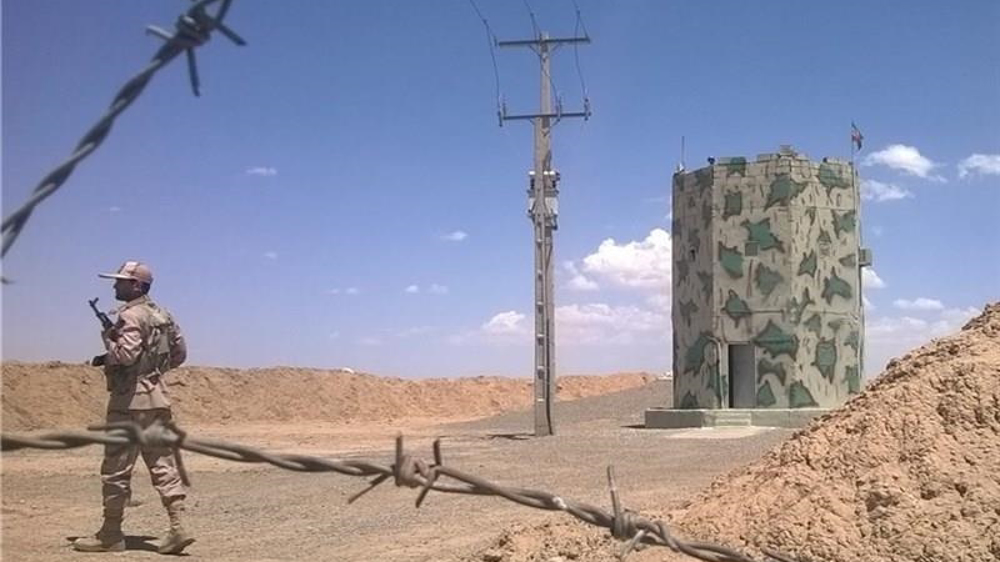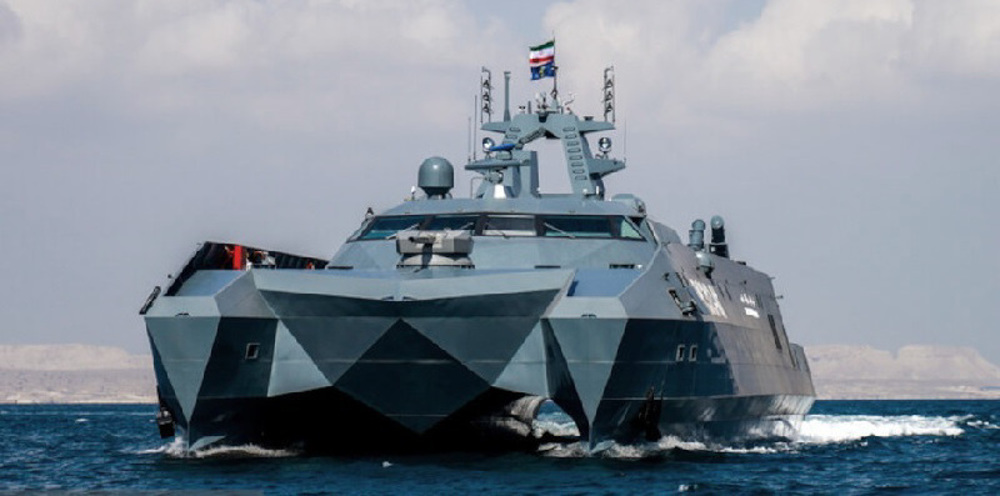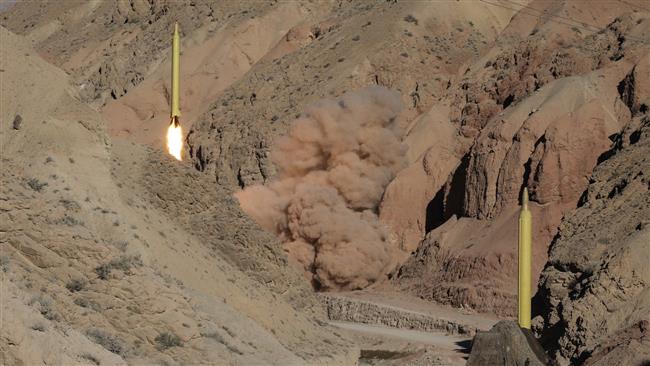Iranian MPs underline need for boosting national deterrence power
Iranian lawmakers have thrown their weight behind the country’s missile program, underlining the need for boosting deterrence power to guarantee national security.
In a statement issued on Wednesday, a total of 220 lawmakers voiced their “full-fledged support” for Iran’s Armed Forces, saying “the reinforcement of the defense capabilities of the Islamic Republic of Iran in line with deterrence strategy” is an absolute necessity to ensure the country’s security.
Iran, "unlike other major world powers, has not defined its power based on [the possession of] weapons of mass destruction (WMD), including atomic, chemical and biological ones,” the Iranian legislators said.
The sole way to ward off any act of aggression against Iran is to boost the country’s missile might, the MPs added, describing certain countries’ opposition to Iran’s defense might as "illogical."
They said the country’s missile tests were by no means in violation of UN Security Council (UNSC) resolutions, including Resolution 2231, which was adopted in July 2015 to endorse a nuclear agreement, known as the Joint Comprehensive Plan of Action (JCPOA), between Iran and the P5+1 group of countries.

The statement by the Iranian lawmakers came a day after the United States called an urgent meeting of the UNSC to discuss a recent missile test by Iran, which Washington alleges is against Resolution 2231.
Iranian officials say the country has carried out the missile launch as part of its program to boost defense capabilities, rejecting claims that the test was in violation of Resolution 2231.
Read more:
Iran’s defensive ballistic missile program has been a bone of contention with the West. Tehran says its missile tests do not breach UN resolutions because they are solely for defense purposes and not designed to carry nuclear warheads.
Arms control experts have also said that Iran’s missile tests are not banned under the nuclear agreement and the UNSC resolution, because Iran's missiles are not meant to deliver nuclear warheads.
'No permission needed to boost national missile work'
Meanwhile, Secretary of Iran's Supreme National Security Council Ali Shamkhani said Iran needed no permission to develop its missile capabilities.

“We will not ask permission from any country or international organization to expand our conventional defense capabilities,” Shamkhani said in a meeting with visiting Armenian Defense Minister Vigen Sargsyan on Wednesday.
“We will firmly counter any foreign interference when it comes to defense matters, including the Islamic Republic of Iran’s missile might,” he added.
Also on Wednesday, Iranian Deputy Foreign Minister Majid Takht-e-Ravanchi, who was a member of Iran’s nuclear negotiating team, rejected claims that Tehran’s missile tests violated UNSC Resolution 2231.
“The issue of our missile [program] is by no means a breach of UNSC Resolution 2231, because our missiles have not been designed to carry a nuclear warhead and we have stressed this issue both verbally and in the form of registered Security Council documents," the diplomat said during a meeting with members of the Iranian Parliament's Committee on National Security and Foreign Policy.
'Iran missile tests don't breach JCPOA'
Meanwhile, Nabila Massrali, the spokeswoman for European Union foreign policy chief Federica Mogherini, told reporters in Brussels on Tuesday that “the Iranian ballistic-missile program was not part” of the 2015 nuclear deal and “hence the tests are not a violation of it.”
Separately, Russia’s Deputy Foreign Minister Sergei Ryabkov, who was part of the Russian negotiating team in the talks that resulted in the conclusion of the JCPOA, rejected the US claims that Iran’s missile tests violated the UN resolution, saying the resolution calls on Tehran only to abstain from launching missiles that can “carry nuclear warheads.”
Russia is confident that Iran has no nuclear weapons program, he added.
VIDEO | Press TV's news headlines
VIDEO | Against erasure: Palestinians say survival in Gaza affirms their right to land
BBC bars use of ‘kidnapping’ to describe Maduro’s kidnapping
VIDEO | International cartoon, poster contest 'Online Terror' unveiled in Tehran
VIDEO | Venezuela installs interim president after US kidnapping of Maduro
Iran FM urges world, UN to voice decisive opposition to attack on Venezuela
VIDEO | Moscow vows revenge
Sanctions slow Iran’s 5G expansion despite growth in network rollout











 This makes it easy to access the Press TV website
This makes it easy to access the Press TV website